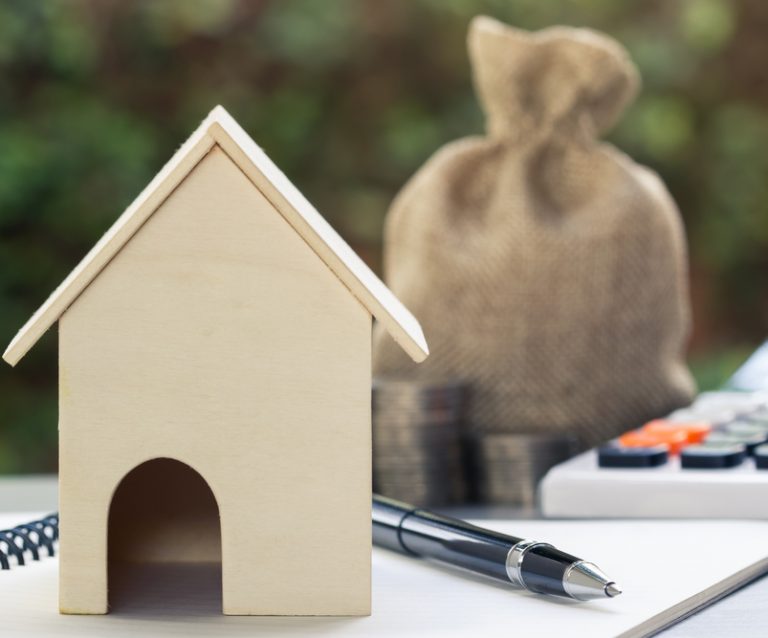Trying to lose weight while battling depression can be a difficult task, but some logical advice can make the process easier. Being depressed makes any task more difficult, and dealing with weight can be especially hard. Many people experience problems with weight gain when depressed, and there are logical reasons for it.
Some Reasons Why Depression Often Leads to Weight Gain
- Compulsive eating – Depressed people often report cravings of carbohydrates and urges to eat compulsively. Some of this eating is due to attempts by the depressed person to distract himself from painful feelings.
- Medication side-effects – Antidepressants have been associated with weight gain.
- Inactivity – Depressed people tend to be inactive due to their low energy levels and lack of interest in life in general. Inactivity means less fat burned and more stored.
- Poor nutrition – Depressed people tend to eat poorly. Poor nutrition can result in compulsive eating. Reaching for poor quality, but easily accessible food results in continued urges and mindless eating.
- Poor self-esteem and self-image – Depressed people tend to have poor self-images resulting in self-defeating behaviours. If a person doesn’t feel good about himself, he is not likely to do things to take better care of himself.
- Self-defence mechanisms – The depressed person may be unconsciously using his weight to hide other emotional issues he is afraid to face. In this case, the person is motivated to keep the weight on rather than lose it.
Trying to lose weight can be a complicated task for anyone and one that requires a positive attitude and a sensible approach for success. For the depressed person, it’s even harder. That’s why it’s important to start with a compassionate perspective.

How to Approach Weight When Depressed
- Get help for the depression – Putting a priority on treating the depression will bring more success with managing weight in the long-run.
- Set smaller goals – Everything is more difficult to do with depression. Adjusting goals by making them smaller will make them more achievable. It’s acceptable to be happy with smaller goals when going through a tough time.
- Increase activity – Many people have a difficult time getting themselves to exercise. For the depressed person, the task can be monumental. However, exercise and general activity help to alleviate depression as well as minimizing weight gain. The trick here, however, is to use gentle coaxing and small goals again. Using a positive and kind approach eliminates the pressure felt when using criticism and high expectations. It’s better to take things slowly rather than quit out of frustration.
- Eat nutritiously – The body can be a friend during tough times if it’s treated right. By trying to eat colourful, nutritious food, the body will get what it needs to help fight the depression and prevent compulsive eating.
- Lower expectations – If trying to lose weight feels overwhelming, it’s best to strive to not gain weight rather than to lose weight. Being overwhelmed and stressed can cause weight gain that will have to be faced later. Not gaining weight during depressed periods is actually an impressive achievement.
- Work on self-esteem – At the bottom of many depressive feelings is a problem with self-worth. If a person believes she is inadequate, it would be inconsistent for her to do things that show self-care, self-acceptance, and self-love. If a person has low self-esteem, it’s logical that she will behave in ways that show dislike for the self. In this way, it becomes clear that working on self-esteem can help with weight management.
Depression should always be taken seriously. When it comes to depression and weight, the depression should be given priority, and any weight issues dealt with in a way that will not produce any undue stress and pressure.










No Comments